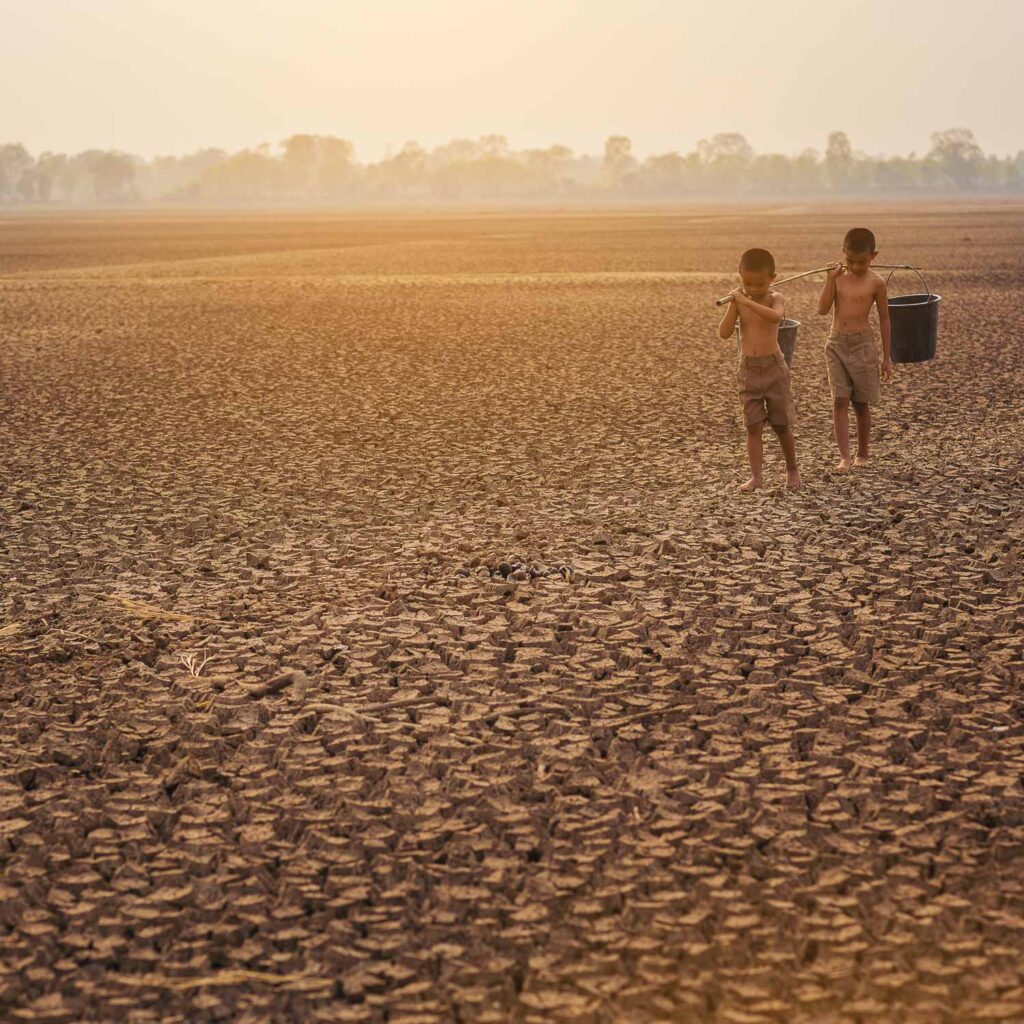That you can love the music while disliking the man is a maxim more often applied to Richard Wagner than to any other great composer. His life was a restless journey of crisis, quarrels and betrayals as he forged ahead in a new musical direction, rejecting the grand Italianate arias of 19th century opera. Wives, patrons, producers, and fellow musicians, were all subsumed to the irresistible force of his creative genius. His stormy relations with his most lavish patron, “mad” King Ludwig II of Bavaria were legendary. Wagner was notorious for his anti-semitism, too. He published pamphlets attacking established Jewish composers such as Giacomo Meyerbeer, who had generously helped with introductions when the struggling young newcomer had attempted to break into the world of Paris opera. It wasn’t Meyerbeer’s fault that Paris proved unreceptive, yet Wagner’s later triumphs never softened his ire over the early setback.
Richard Wagner died in 1883 but his anti-semitism – though not overtly expressed in his music – found favour with Adolf Hitler, who claimed Wagner as the Third Reich’s favourite composer. This was the most difficult piece of baggage to shed in the immediate postwar years. The Wagner festival at Bayreuth, run largely by the Wagner family, appealed solely to a niche audience. Wagner’s music had to wait the better part of a century to win popular acclaim. The lengthiest of his works – 18 hours of four full length operas collectively known as Der Ring des Nibelungen or The Ring Cycle – finally achieved a dazzling breakthrough in 1976 when French film and theatre director Patrice Chéreau transformed the gods of Nordic legend into bourgeois capitalist men and women of the late 19th century industrial era. Wotan was seen as the guilty head of family, whose descent from law-maker to law-breaker led to global catastrophe. Wagner’s epic, in Chéreau’s production, was eventually taken out of the claustrophobic opera box of Bayreuth and filmed for television worldwide, increasing audiences by hundreds of thousands.
More recently, in the ever growing concern over climate change, another aspect of Wagner is revealed, that of Green prophet. Who would have thought of Wagner as the David Attenborough of the 19th century? Yet if ever there was a musical warning about climate crisis, it comes from the Ring Cycle like a strident alarm. The floods and fire of Götterdämmerung are nothing less than a forecast of the future.

The Rhinemaidens in Act III, Scene 1
Photo credit: ©Cory Weaver/San Francisco Opera 
Photograph by Victoria Carew-Hunt

Photo credit: ©Cory Weaver/San Francisco Opera

Photographs of San Francisco Opera ‘Green Ring’ provided by Teresa Concepcion (SFO Communications)


